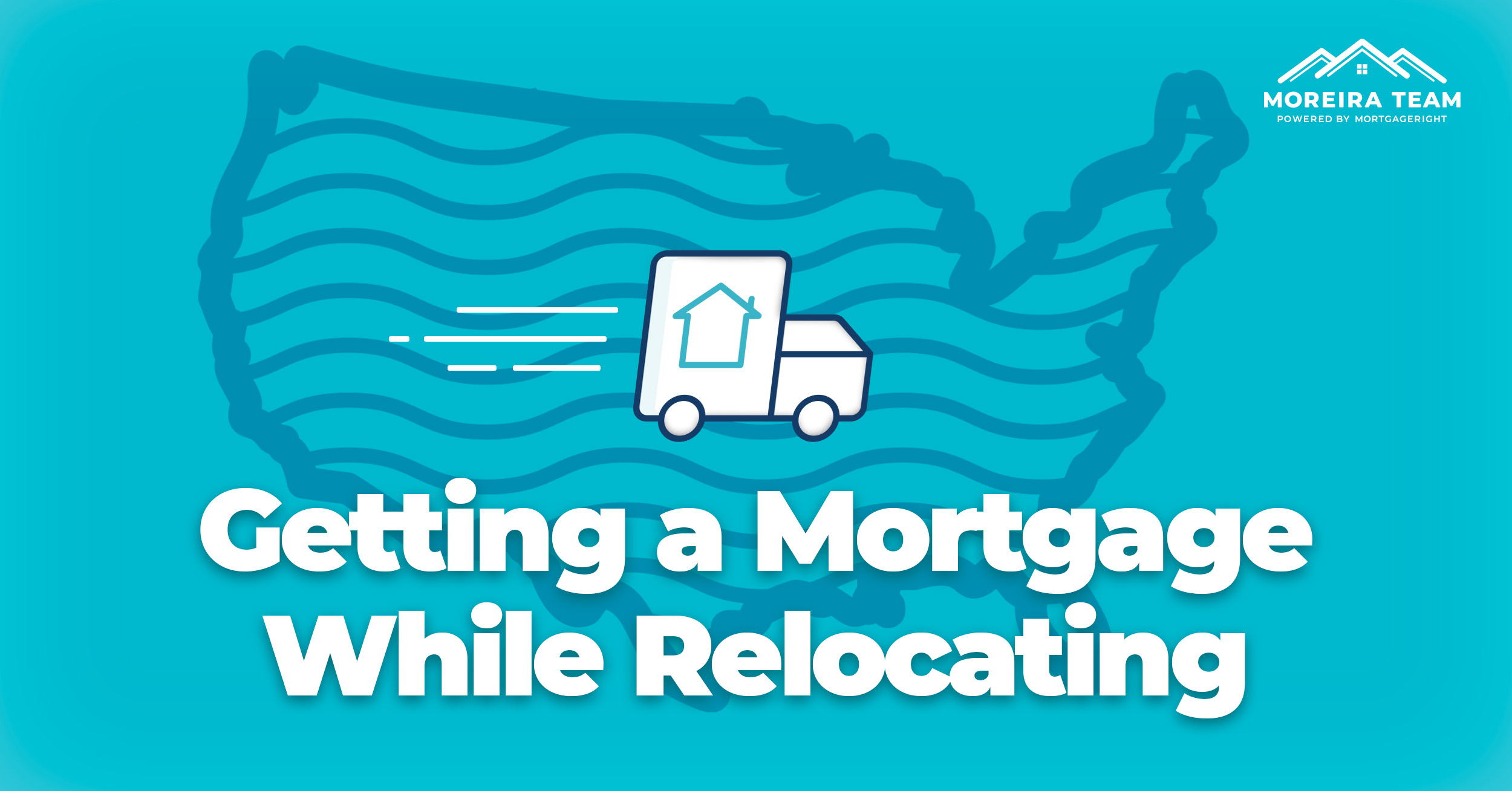
In this article
Moving Loans – Moving to a new state (or even a different city within your current state) presents a number of challenges. It may seem daunting at first, but your move can go very smoothly if you plan properly and have all the right pieces in place. Whether you are switching jobs, moving for family purposes, or relocating for any number of other reasons, you’ll need to navigate the purchase of a new home in your new area. This is where a relocation mortgage can help.
What is Your Employment Situation When Looking for Moving Loans?
Any lender issuing a mortgage loan will be primarily concerned about your ability to pay off the loan. Therefore, your employment situation will be one of the first things they review along with your credit rating and other financial factors. It is recommended that you get pre-approved for your mortgage loan prior to your relocation, especially if you already know exactly where you are heading.

If you have a job already lined up, that is a significant advantage because lenders will factor that into your pre-approval review. If you don’t have a new job yet, then it gets more complicated. You shouldn’t fret, however. You can still get a relocation mortgage even if your job situation isn’t fully defined yet. The lender will reach out to your current employer and any prospective employers where you may be applying. They will ask questions about your job, your longevity, your pay status and compensation structure. These questions are aimed at determining if you are a low-risk moving loan prospect or a high-risk candidate for a mortgage loan.
If you have been at your current job for less than two years or are currently unemployed, the lender will generally ask to see your full employment history. It’s a good idea to have that information prepared, so it can be shared upon request.
Moving Loans – Staying with the Same Employer
Many workers relocating these days are accepting work-from-home positions. They aren’t necessarily tied to the area where their employer is located. They may choose to move out of state or to a less expensive rural area in the same state. Then, there are those employees who are relocating within the same company, either taking on a new position/promotion or just transferring office locations. In these cases, qualifying for a moving loan in the new area is usually quite simple. Your employment and income are solid and you present much less of a lending risk than someone whose situation is less clear.
You will want to talk with your employer about relocation packages. They may be willing to help cover some or all of your moving expenses. They may also even offer their own mortgage relocation program or guaranteed mortgage buyouts. Many large companies partner with lenders to offer their best employees help with moving loans during corporate relocations.
Can I Get a Mortgage Loan if I Have a New Job?
If you have a new job in a new industry or you are still searching for a job in your new area, be prepared to show your employment history. Frequent career moves are often a red flag that your income isn’t steady and you present more of a risk for the lender. Other common concerns may be extended gaps in your employment history. Any unemployment periods longer than six months will hinder your chances of qualifying for a relocation mortgage loan if your new job isn’t locked in yet. There are some exceptions to this rule, though. Military service members returning from deployment and full-time students transitioning into the workforce will be treated with more forgiveness than long-time workers with sketchy employment records.
To sum up, your chances of getting a mortgage loan during a relocation will depend largely on your employment situation. Those with solid employment records and good jobs already lined up should have no problem qualifying for a home loan in their new area. Those who present more risk may have to go through more red tape to qualify.
Additional Contingencies for a Mortgage Relocation Loan
Other factors that may come into play are when you are selling your current house and when the sale will be complete. If it is already sold and you have good equity to put toward your new home, it will give you an advantage. If you are waiting to sell after you move or are moving while it is still on the market or in the closing process, you will have to work out a deal with more contingencies. The more complex the agreement, the more stringent any lender will be on issuing mortgage pre-approval or final approval.
If you are relocating, contact Moreira Team today for more information about relocation mortgage loans and to get started with your loan pre-approval.

